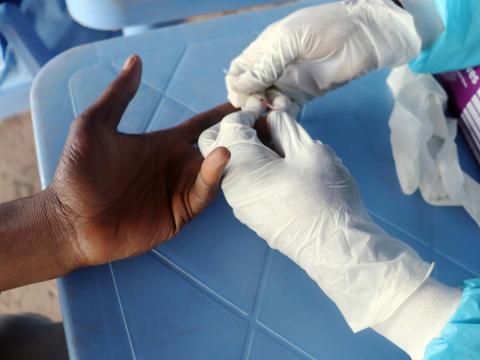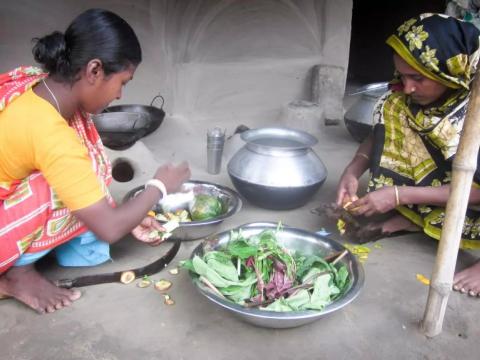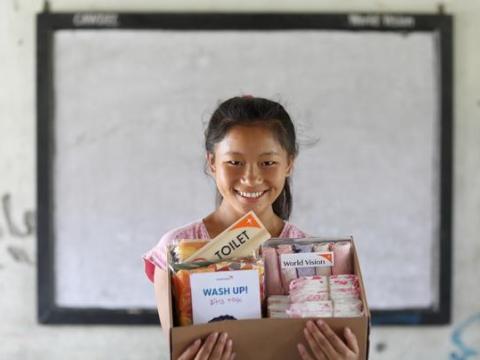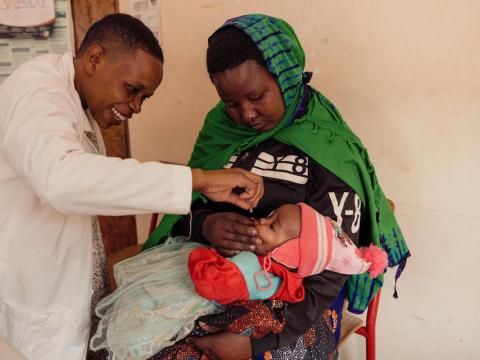
Proof in every dose: How local heroes are making immunisation #HumanlyPossible
Onei Uetela shares World Vision's commitment and plan to reach 4 million children with vaccines
Every minute, vaccines save six lives. Yet millions of children still live and die without them.
As we mark World Immunisation Week – and the halfway point of the Immunisation Agenda 2030 – I’m reminded of the quiet determination of people like Lino, a community health worker in South Sudan. Lino walks for miles through floodplains and conflict zones to educate families about the power of vaccines. His journey isn’t just a job – it’s a daily act of courage. His dedication reflects the heart of World Vision’s mission: a world where every child, especially the most vulnerable, is protected from vaccine-preventable diseases and empowered to experience life in all its fullness, to become all they are created to be.
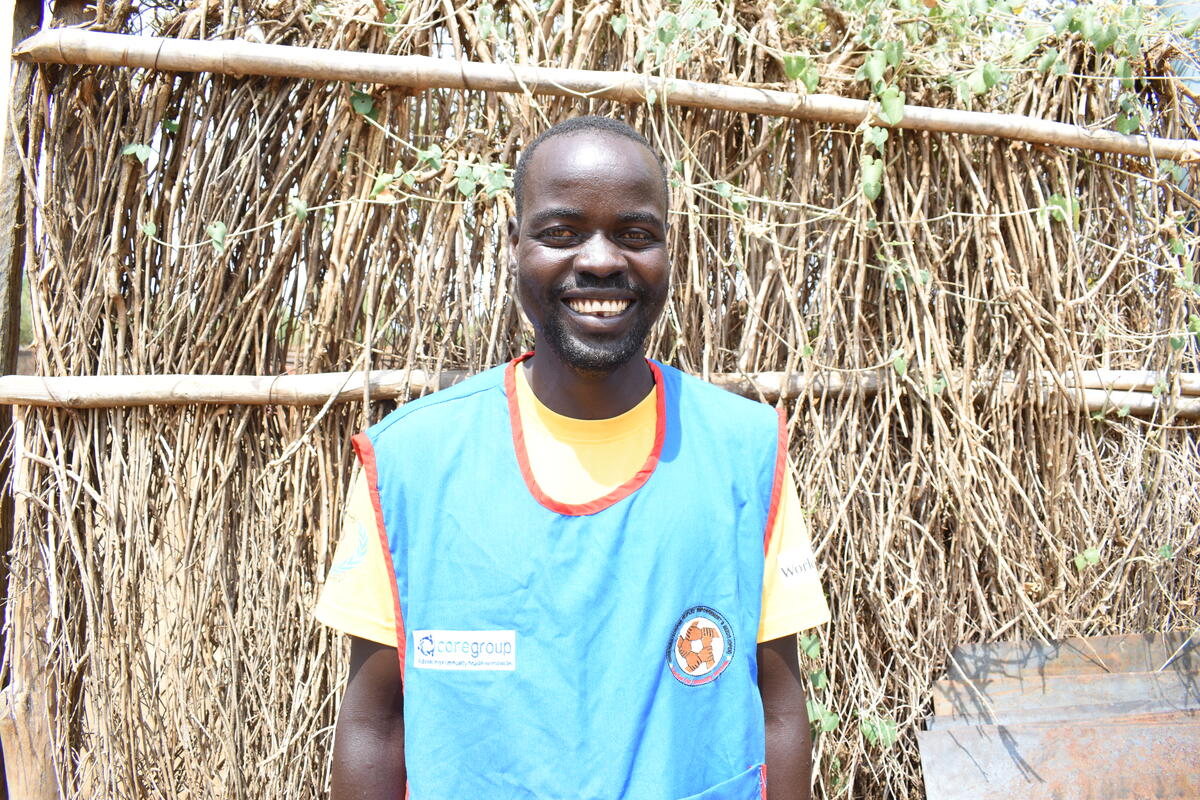
Vaccines are one of humanity’s greatest success stories. They prevent more than 4 million deaths every year, protect against over 30 deadly diseases, and cost less than a dollar per dose in many low-income settings. But the impact of immunisation goes far beyond numbers – it’s written in the lives of the people behind every vaccine dose.
For more than 25 years, World Vision has delivered vaccines in some of the world’s most fragile contexts. From polio campaigns in the Democratic Republic of the Congo to Ebola responses in West Africa, to childhood immunisation in remote, rural areas through our community health programmes, our reach is deep, and our partnerships are strong. In every community, our goal remains the same: to reach the children who are hardest to reach – especially the 14.5 million zero-dose children who have yet to receive even a single vaccine. Our Immunisation Strategy (2026–2030) renews and deepens this commitment. We aim to:
- halve the number of zero-dose children
- fully vaccinate 4 million children by 2030
- achieve 90% coverage for routine immunisations.
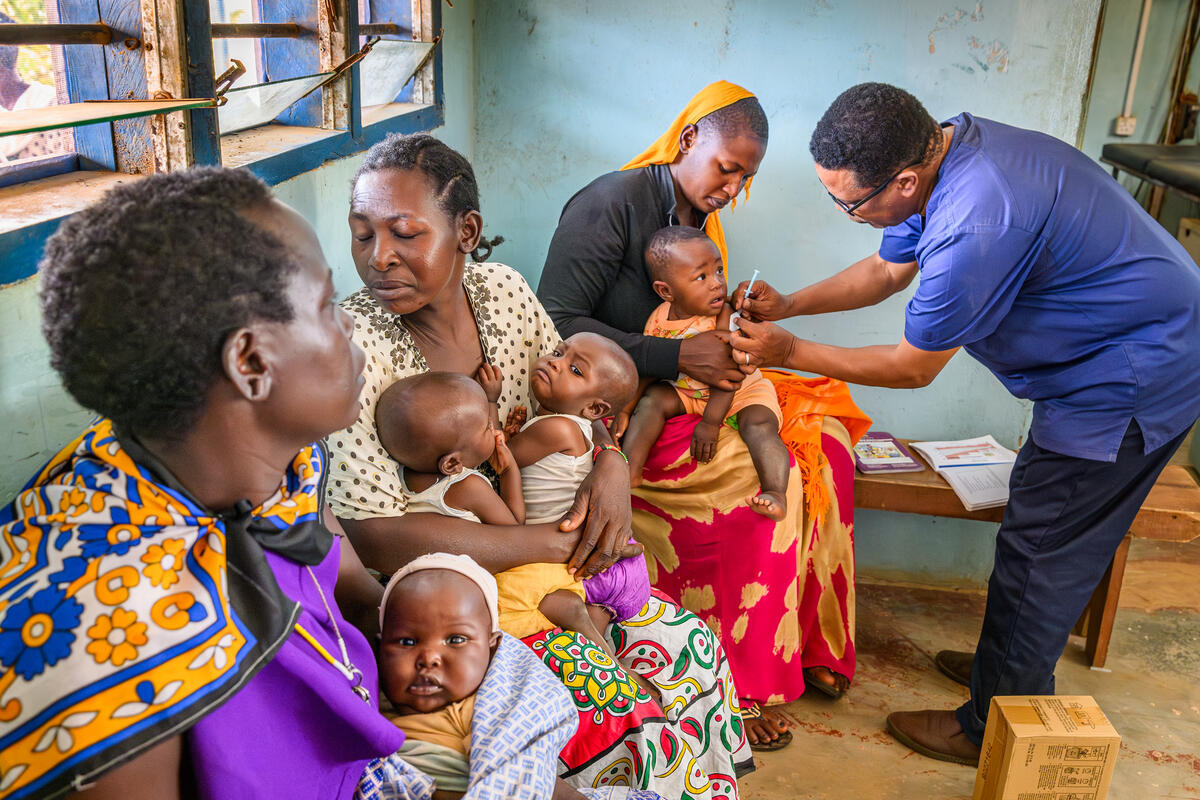
Grounded in equity, collaboration, and resilience, this strategy is powered by our MAPS approach:
- Monitoring vaccination gaps and community-level barriers
- Advocating for immunisation as a local and global priority
- Promoting demand and trust through community engagement
- Supporting service readiness and delivery capacity
In the face of inequality, conflict, and fragile health systems, real hope lies in the people who rise to meet these challenges. From mothers in Cameroon who overcome literacy barriers to serve their communities, to vaccinators navigating conflict zones in Niger by cart and camouflage, these local heroes are not just part of the solution, they are leading it. World Vision’s frontline workers stand with them, supporting their efforts with training, tools, and trust. Their courage and creativity are closing the immunisation gap – child by child, home by home.
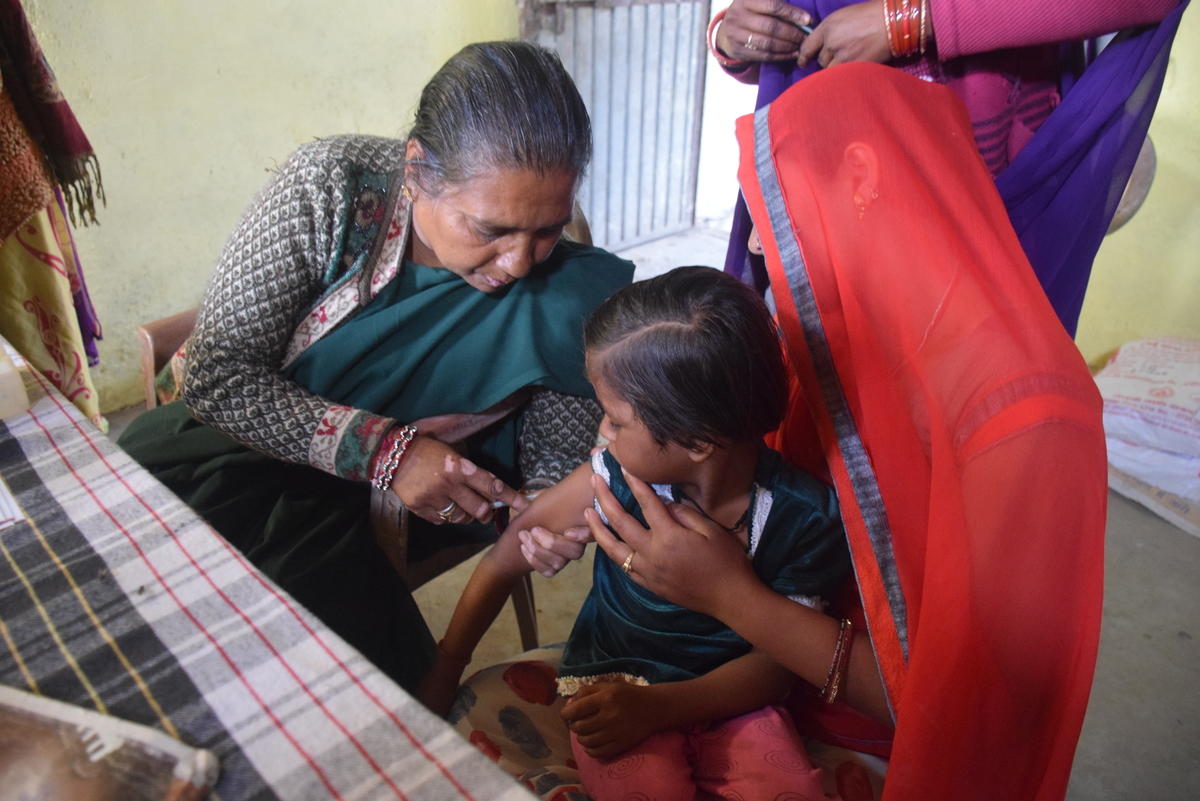
But they can’t do it alone.
As part of the global #HumanlyPossible campaign, we join our voices with others to urge governments and donors to fully fund and prioritise vaccines. It’s time to recognise that immunisation isn’t just a health intervention, but a moral imperative. When we vaccinate a child, we protect a family, strengthen a community, and invest in a healthier, more just future.
The path to universal immunisation isn’t easy. But with the courage of health workers like Lino, the trust of local communities, and the support of global partners – we know it’s possible. Let’s not stop until every child is protected.
Every child, no matter where they live, deserves to grow up protected and to experience life in all its fullness. Vaccination isn’t just a health intervention – it’s a declaration of equity, hope, and possibility.
To learn more about World Vision's approach to immunisation click here
To discover more about the organisation's Health & Nutrition programming click here
Dr Onei Uetela is World Vision's Senior Advisor for Immunisation and Infectious Diseases, Health and Nutrition. He has worked at the University of Washington, improving data systems and workflows in primary health care facilities; supported UNICEF in Latin America and the Caribbean on immunisation programmes in the region. At Pathfinder International in Mozambique he worked on Family Planning, and previous to that Dr Uetela was a physician, Paediatric HIV Director and District Medical Officer for Mozambique's Ministry of Health.
